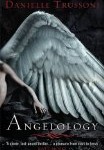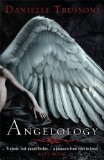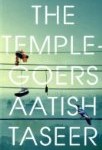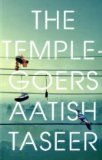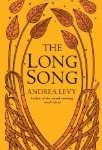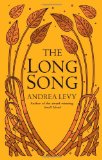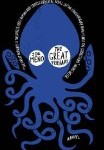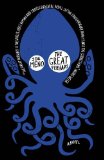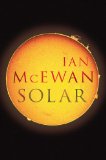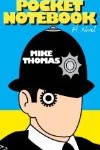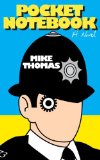Angelology takes place in a world where angels walk among us. Their wings are tied flat beneath their clothing so you have no way of knowing who they are, but these angels have been breeding with humans to create dangerous hybrids called Nephilims. Unlike the immortal angels these nephilims are dying and so are trying to do everything within their power to get hold of the angelogogist’s research in the hope it will reveal a cure for their disease.
Angelology is a fast paced thriller, which I’d describe as a well written hybrid of The Da Vinci Code, The Historian
and Twilight
– so if you enjoyed these three books then you are bound to love this one.
I loved the atmospheric descriptions:
The angelologists examined the body. It was intact, without decay, the skin as smooth and as white as parchment. The lifeless aquamarine eyes gazed heavenward. Pale curls fell against a high forehead and sculptural shoulders, forming a halo of golden hair. Even the robes-the cloth woven of a white shimmering metallic material that none of them could identify exactly-remained pristine, as if the creature had died in a hospital room in Paris and not a cavern deep below the earth.
This initial scene setting was quite slow, but the pace soon sped up. I enjoyed the beginning, but about 100 pages in I began to lose interest. The plot was convoluted, meandering and never reached any real conclusion. There was a lot of history added to the book, but as most of it was made up this didn’t hold the same appeal as other pieces of historical fiction.
The central character in the book is a young nun called Evangeline, but she never really engaged me. I felt as though I was carried along by the fast flow of the words, rather than any real desire to know what happened.
The book is being made into a film by Sony and I am sure that this will be a much better medium for the story – especially once the plot has been condensed into a two hour time slot!
The lack of a fully resolved ending means that I’m sure there will be a sequel, but I’m in no rush to read it – I am happy to wait until its inevitable DVD release!
Overall I found it to be a fast paced, inventive book, but I just didn’t care what those fictional angel-hybrids were doing.
This book is getting very mixed reviews, but I am sure it will be a massive hit – especially after its release in paperback.
…an incredible novel that I can’t recommend highly enough. S. Krishna’s Books
….in the end Angelology falls far short of its potential. Muse Books Review
…too many weak points to the overall story for me to end up really invested in the story. Fantasy & SciFi Lovin’ News and Reviews
I loved the world Trussoni has created with its mixture of the esoteric, history and myth and not least for Trussoni’s quality prose. Chasing Bawa
Do you think you’ll enjoy Angelology?
